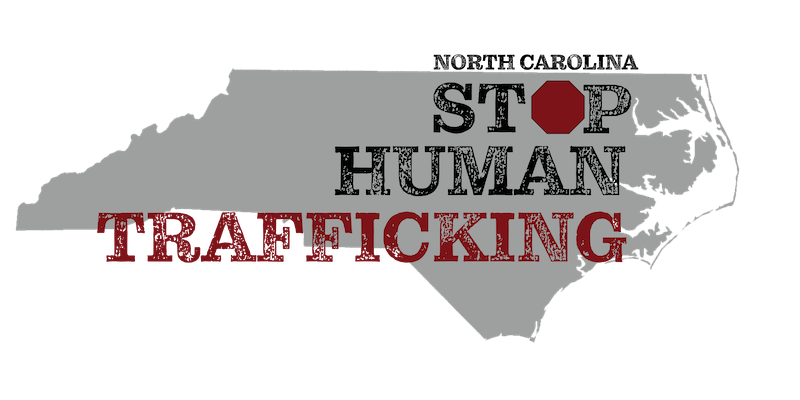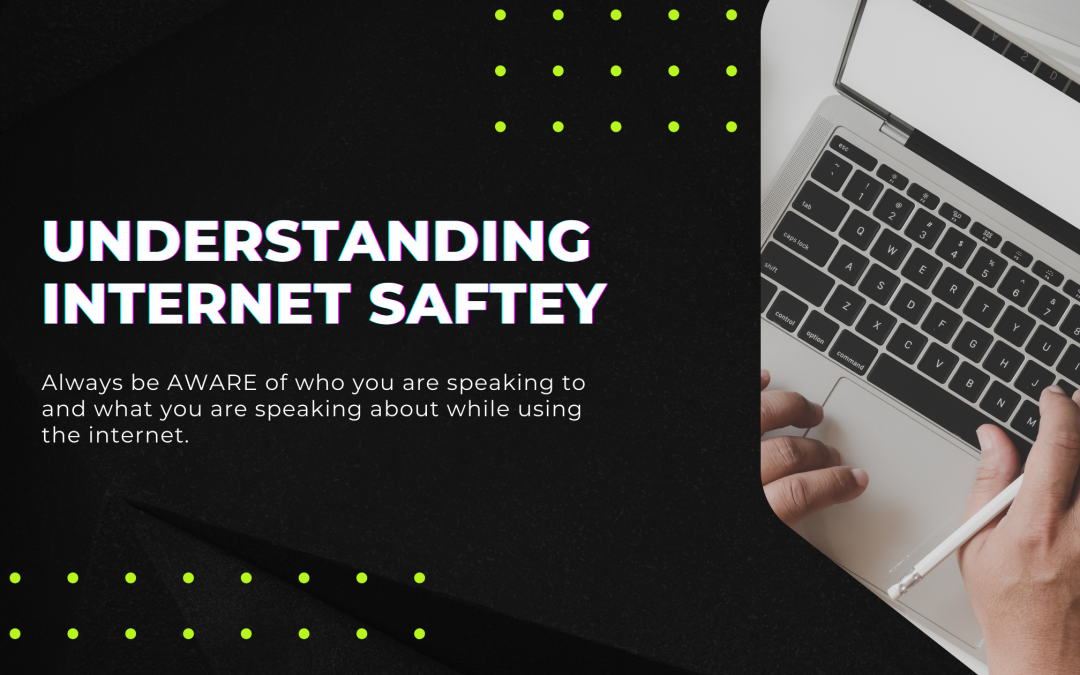Understanding how to be safe on the internet is vital for both children and adults. Because the internet allows such vast access to various types of content, being safe while scrolling is essential. You cannot protect yourself against something you do not know exists, so educate yourself, educate your child, and know what resources are available.
The importance of internet safety education
The internet is now more than ever limitless. With the ability to connect with anyone, anywhere, at any time, the internet provides unique opportunities to connect. However, this opens the door to a whole array of new dangers. Education can provide parents and children with the tools to use the internet safely.
Understanding online chatrooms:
Language exchanged between people in chatrooms can sound foreign to those who have not seen it before. Acronyms and emojis are often used by online predators to communicate with children without parental knowledge of what is being said. Awareness of this language can make a big difference in keeping your child safe online.
The importance of understanding privacy:
Posting photos and videos of your location, children, or any other personal information is easily avoided. Predators use this private information to connect with you and make you feel safe in an online setting. Practice safe internet posting and be aware that once an image or video is on the internet, it will be there forever.
Be AWARE when using the internet
Be AWARE of uncomfortable topics: Providing an open dialogue about internet safety with your family can make a big difference in internet safety. Shying away from uncomfortable topics is never beneficial. “Sexting” and “sending nudes” have become normalized. To prevent victimization, participate in open conversations about these topics and emphasize the importance of reporting this behavior online.
Be AWARE of who you speak to: Look for red flags that might indicate the person you are communicating with is not who they say they are. These include someone who always agrees with you, asks for personal information, pressures you to meet in person, and many more. It is important to be aware of the red flags of a possible predator to have safe online conversations.
Be AWARE of when something is not safe: If you do find that you have shared information with someone, or have a feeling they are lying to you, tell someone. Staying safe is the most important thing so do not worry about embarrassing yourself or the person you are communicating with. It is better to be safe than sorry so always tell a trusted friend, adult, or parent if something does not seem right.
Resources that promote safety
There are resources worldwide that can help before, during, or after an internet safety incident. There are many campaigns like Know2Protect, Take it Down, and STOP. THINK. CONNECT. that focus on internet safety education. Along with that, organizations like NC Stop Human Trafficking, The Center for Missing and Exploited Children, and the Innocent Justice Foundation work to training and initiatives.
– Ilaria Noonan is the Community Outreach Intern. She can be reached at ilaria@encstophumantrafficking.org

